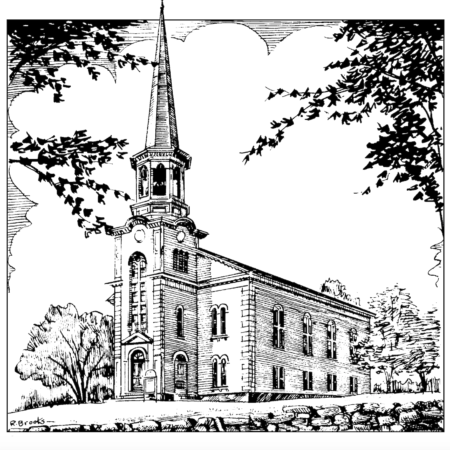The Warm Bridge
Matthew 9:9–13
9As Jesus was walking along, he saw a man called Matthew sitting at the tax booth; and he said to him, “Follow me.” And he got up and followed him. 10And as he sat at dinner in the house, many tax collectors and sinners came and were sitting with him and his disciples. 11When the Pharisees saw this, they said to his disciples, “Why does your teacher eat with tax collectors and sinners?” 12But when he heard this, he said, “Those who are well have no need of a physician, but those who are sick. 13Go and learn what this means, ‘I desire mercy, not sacrifice.’ For I have come to call not the righteous but sinners.”
Historical Context
Tax collectors were hated and despised in Jesus’ day. These Jewish tax collectors were working for the Romans by collecting Roman taxes. The tax collectors made a healthy commission by tax collecting and they were the richest people in town. There were several Roman taxes: a ground tax on which a Jewish farmer paid 10% of his grain and 20% of his fruit to the Romans; an income tax of 1%; a poll tax just for living; a travel tax to travel on Roman roads; an animal tax to take your animal on the Roman roads, etc
Theme: The Warm Bridge
At some point in our lives, we have been the stranger, the person who is out of his or her comfort zone and whose presence challenges the comfort zone of others. In those moments, only two choices remain: welcome or alienation. The warm bridge or the cold shoulder can come from either side. But the situation only requires one person to move, toward or away from the other.
In those awkward moments, Jesus always took the initiative. He always made others feel welcome, no matter how much they stood on the outside.
Jesus went out of his way to reach everyone, including the sick, the outsiders, and the misfits. And he included them in his circle of friends. The dispute between the Pharisees and Jesus turned on this point. While Jesus and his followers were outsiders, the Pharisees were insiders. The lifestyle the Pharisees taught meant separation from those who did not live God’s Law or did not have a total concentration on living his Law. They implicitly had an “us” vs “them” mentality.
Jesus didn’t mind getting himself “dirty” with the outsiders. While he honored and kept the Jewish Law, he did not mind making himself “unkosher” in the eyes of the Pharisees for the good of those he served. As much as the Pharisees defined themselves as exclusive, Jesus became inclusive. He reached out to the undesirable and the untouchable. He wanted to bring them into the Kingdom.


0 Comments